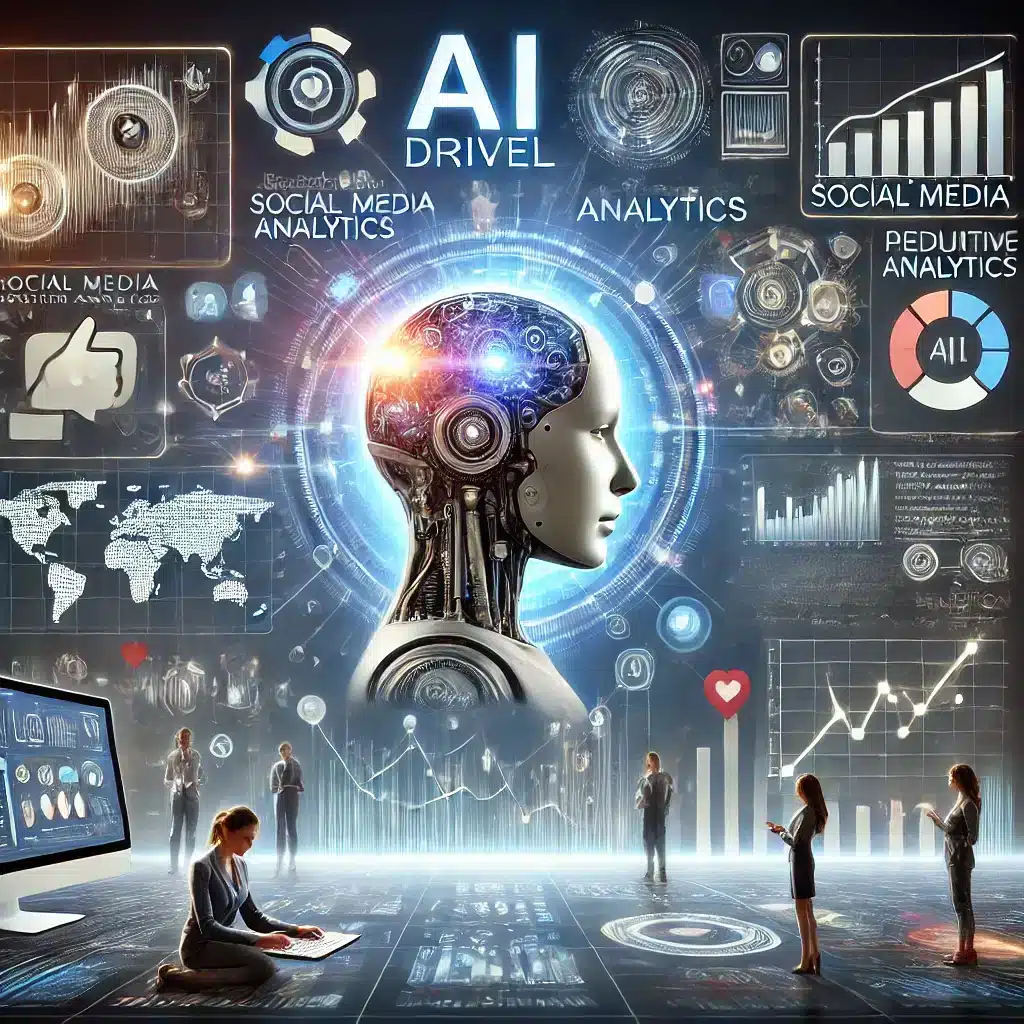The Emergence of AI in Business
AI is revolutionizing the business landscape. Companies are integrating AI to optimize operations. This shift is significant for its potential to streamline processes. Nevertheless, misconceptions persist about AI’s role in business. On the other hand, exploring real-world applications can demystify these notions and highlight opportunities for growth.
Opportunities of AI in Business
For example, AI can improve customer service by predicting customer needs. It can analyze vast data sets, providing insights that guide decision-making. Consequently, businesses stay competitive in the market. Moreover, AI’s ability to automate tasks reduces operational costs.
AI-Powered Innovations: A Case in Point
Conversely, a notable example of AI’s innovation is in the art industry. Ai-Da, a robot artist, created a painting sold for over a million dollars. This sale exemplifies AI’s potential to disrupt traditional markets. Similarly, it showcases how AI can create entirely new revenue streams.
Common Misconceptions About AI
Despite its benefits, AI in business often faces skepticism. Many believe AI will replace jobs. However, AI typically complements human roles, enhancing productivity. Furthermore, concerns about data privacy are prevalent. Businesses must ensure they handle data ethically, maintaining customer trust.
Balancing Challenges with Strategic Implementation
Ultimately, the key to successful AI integration lies in strategic implementation. Businesses should identify specific needs AI can address. Next, they must invest in AI solutions aligned with their goals. Additionally, training employees is crucial for facilitating smooth transitions.
In Conclusion
AI in business offers expansive opportunities. Yet, it is vital to approach it with informed strategies. Overcoming misconceptions is essential for unlocking AI’s full potential. Thus, as companies harness AI, they open doors to innovation and growth. Meanwhile, addressing concerns will ensure sustainable advancements.



